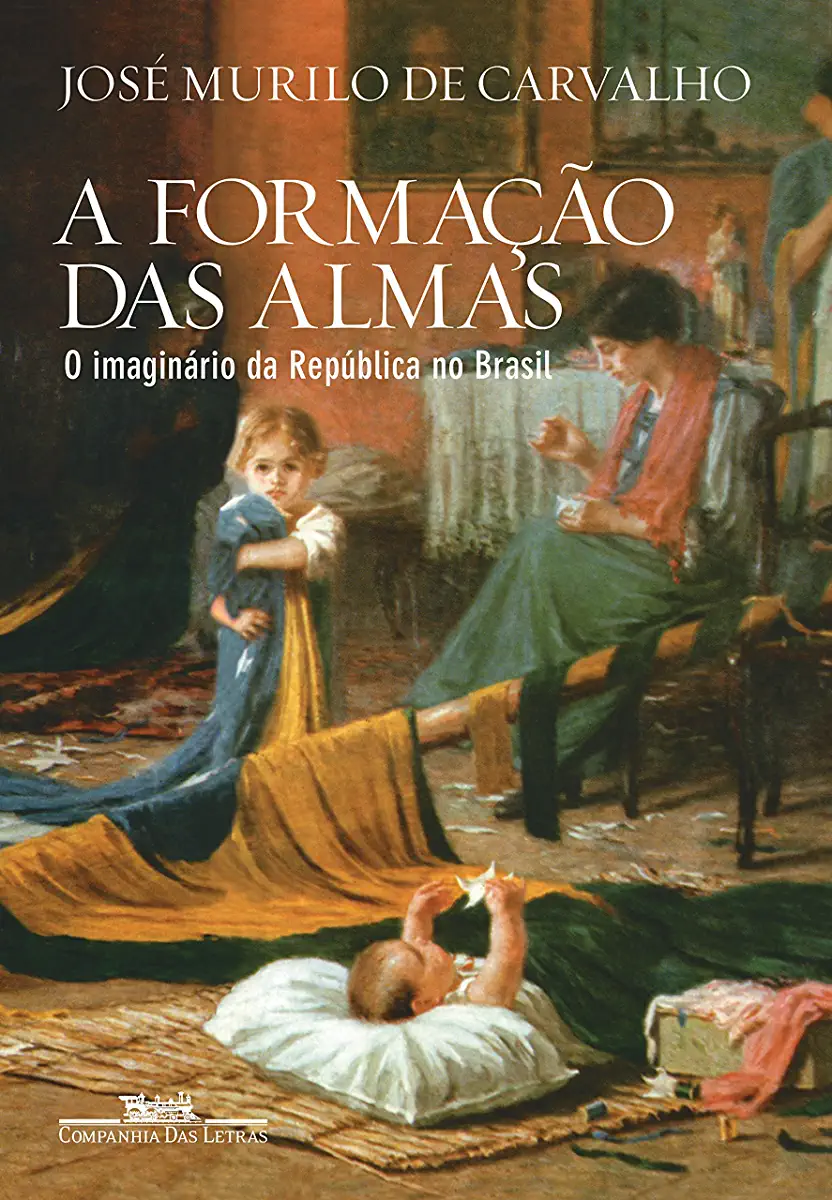
History of the Brazilian Republic - José Murilo de Carvalho
History of the Brazilian Republic
A Comprehensive Overview of Brazil's Political Evolution
José Murilo de Carvalho's "History of the Brazilian Republic" is a monumental work that provides a comprehensive overview of Brazil's political evolution from the late 19th century to the present day. With meticulous research and engaging storytelling, Carvalho offers a profound analysis of the key events, leaders, and social movements that have shaped Brazil's republican history.
The Birth of the Republic
The book begins by examining the factors that led to the overthrow of the Brazilian Empire and the establishment of the republic in 1889. Carvalho explores the growing discontent among military elites, the influence of republican ideas, and the role of slavery in shaping the political landscape. He vividly portrays the events of November 15, 1889, when a military coup led by Marshal Deodoro da Fonseca toppled the monarchy and ushered in a new era in Brazilian history.
The Old Republic (1889-1930)
The Old Republic period is characterized by a complex interplay of political elites, regional interests, and social tensions. Carvalho delves into the challenges of building a stable democratic system, the rise of political parties, and the emergence of new social movements. He analyzes the impact of the coffee economy, the role of the military in politics, and the struggles for social justice and workers' rights.
The Vargas Era (1930-1945)
Getúlio Vargas's rise to power in 1930 marked a significant turning point in Brazilian history. Carvalho provides a nuanced examination of Vargas's authoritarian rule, highlighting his populist policies, economic nationalism, and the suppression of political dissent. He explores the social and economic transformations that occurred during the Vargas era, including the industrialization of Brazil and the emergence of a new middle class.
The Democratic Interlude (1945-1964)
The fall of Vargas in 1945 paved the way for a period of democratic governance. Carvalho analyzes the challenges of consolidating democracy, the rise of political parties, and the social and economic reforms implemented during this period. He examines the impact of populism, the Cold War, and the growing influence of the United States on Brazilian politics.
The Military Regime (1964-1985)
The military coup of 1964 ushered in a dark period of authoritarian rule in Brazil. Carvalho provides a detailed account of the military regime, its ideological underpinnings, and its repressive policies. He explores the resistance movements, the struggle for human rights, and the international pressure that eventually led to the transition to democracy.
The New Republic (1985-Present)
The return to democracy in 1985 marked a new chapter in Brazilian history. Carvalho analyzes the challenges of building a stable democratic system, the rise of new political parties, and the social and economic transformations that have occurred in recent decades. He examines the impact of globalization, the fight against poverty, and the growing role of Brazil in the international arena.
A Must-Read for Understanding Brazil
"History of the Brazilian Republic" is an essential read for anyone seeking to understand the complex political evolution of Brazil. José Murilo de Carvalho's masterful storytelling and insightful analysis make this book a captivating journey through the nation's past, present, and future. Whether you are a scholar, a student, or simply someone interested in the history of Latin America, this book is a must-have addition to your library.
Enjoyed the summary? Discover all the details and take your reading to the next level — [click here to view the book on Amazon!]